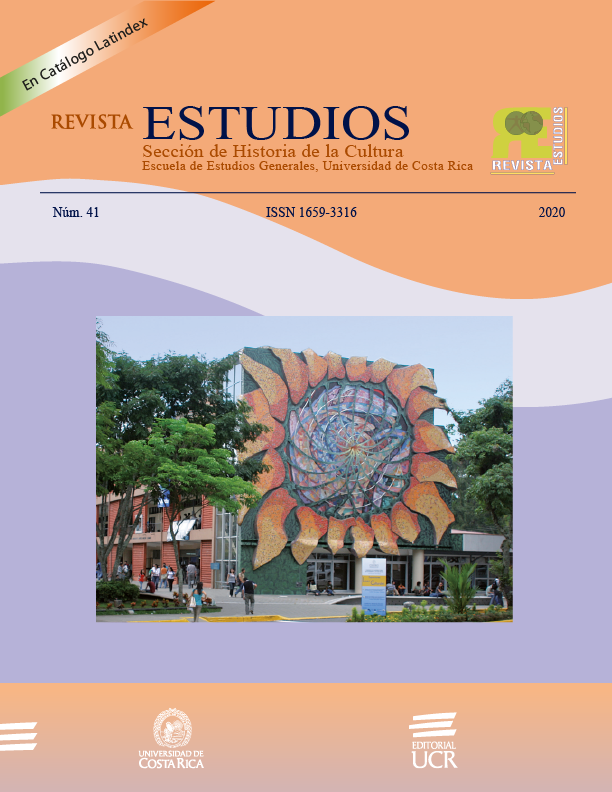Abstract
Abstract: The following work aims to know the impact of educational robotics on high school students participating in the Project "Training of Trainers in Robotics for Schools in Vulnerable Areas in Costa Rica", the young people competed in the Second National Meeting of Robotics organized for the project in the year 2019. In this competition, the participants put into practice their knowledge of design and programming to solve the challenges of the activity. This research presents the results of an exploratory study when analyzing the data of the participating women, a physical survey was applied and subsequently an analysis was carried out using the Python Programming Language, which is a great support in the area of data science.
References
Referencias bibliográficas
Challenger-Pérez, I., Díaz-Ricardo, y., Becerra-García, R. (2014). El lenguaje de programación Python. Ciencia Holguín. 20(2). 1-13. Obtenido de https://www.redalyc.org/pdf/1815/181531232001.pdf el 6 de junio de 2020
Departamento de Registro de la Universidad Nacional (2020). Estudiantes que ingresaron a la Escuela de Informática en el año 2020. Comunicación personal
Fonseca, P. y Hernández, I. (2017) Training of robotic trainers for schools in vulnerable areas of Costa Rica: Use of ICT to help Costa Rican youth avoid drug use, 2017 XLIII Latin American Computer Conference (CLEI), Cordoba, 2017, 1-7, doi: 10.1109/CLEI.2017.8226421.
Jiménez, G. (2019). Combatir estereotipos, clave para aumentar presencia femenina en carreras tecnológicas. Hoy en el TEC. Obtenido de de: https://www.tec.ac.cr/hoyeneltec/2019/03/12/combatir-estereotipos-clave- aumentar-presencia-femenina-carreras-tecnologicas el 17 de enero de 2020
Mariano, M. (2018). En alianza con MIT acercan a niñas a la informática.[falta el contenedor del artículo o de la información] Obtenido de https://tec.mx/es/noticias/monterrey/educacion/en-alianza-con-mit-acercan-ninas-la-informatica el 14 de enero de 2020
Mata, F. J., Quesada, A. y Raventós, G. M. (2012). Gender gap in computer science programs from Costa Rican Public universities. XXXVIII Conferencia Latinoamericana En Informatica (CLEI). Medellín, Colombia. DOI: 10.1109/CLEI.2012.6427245
OECD (2017). Educación en Costa Rica. Aspectos destacados 2017. Obtenido de http://www.rectoria.ucr.ac.cr/site/wp-content/uploads/2017/08/aspectos- destacados-2017.pdf el 7 de mayo de 2020.
Olarte Gervacio, L. (2018) Lenguaje de Programación. Conogasi, Conocimiento para la vida. Fecha de consulta: Octubre 12, 2020
Rochina, P. (2016). Python vs R para el análisis de datos. Obtenido de https://revistadigital.inesem.es/informatica-y-tics/python-r-analisis-datos/ el 6 de junio de 2020. Revista digital INESEM.
Sulá Batsú (2017). “Café Tecnológico” celebrará el liderazgo femenino en las Tecnologías Digitales. Obtenido de https://www.sulabatsu.com/blog/noticias/cafe-tecnologico-celebrara-el- liderazgo-femenino-en-las-tecnologias-digitales/ el 14 de enero de 2020
Wilson, B. C. (2002). A study of factors promoting success in computer science including gender differences. Educación en Ciencias de la Computación, 12(1-2), 141-164. doi: 10.1076/csed.12.1.141.8211


